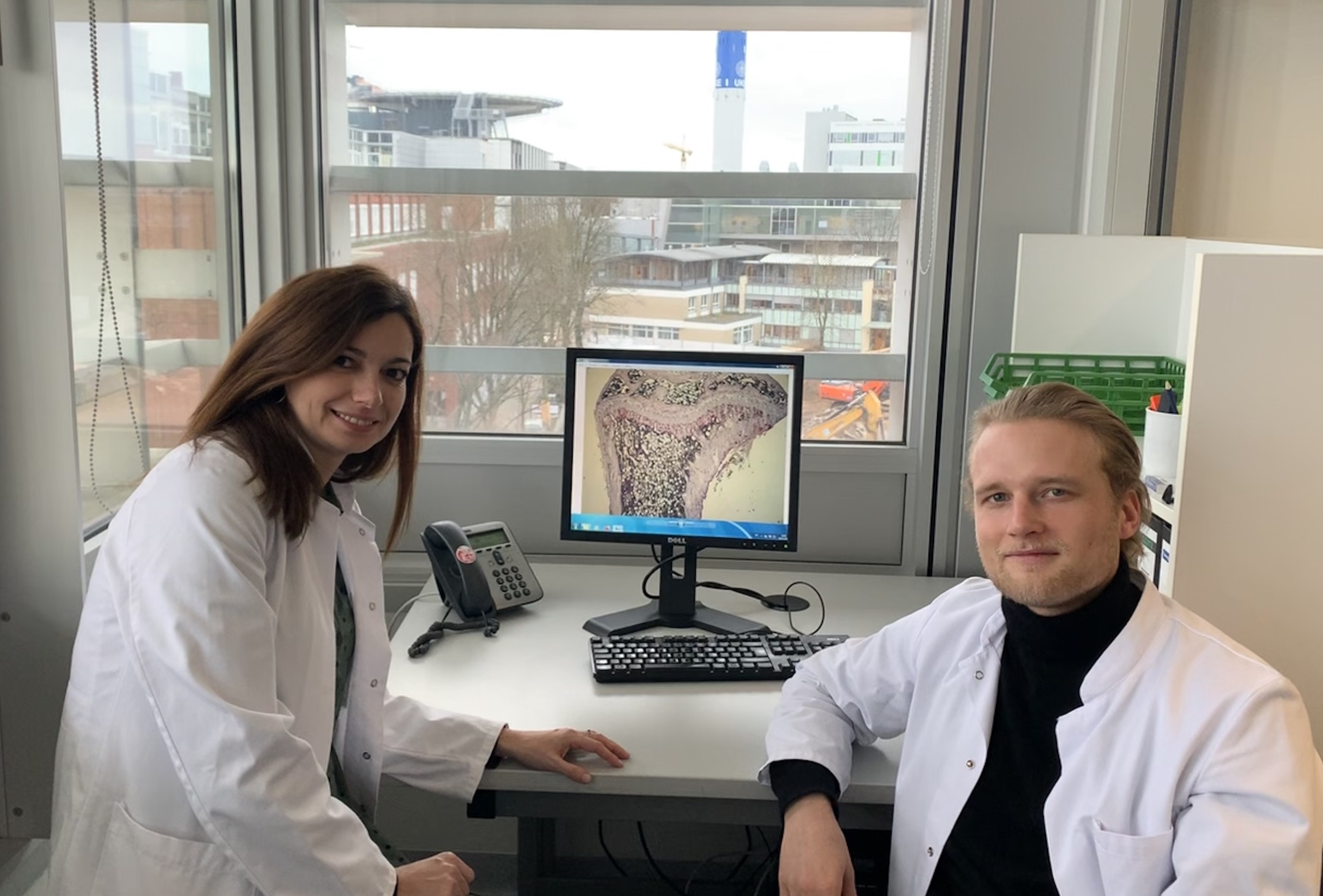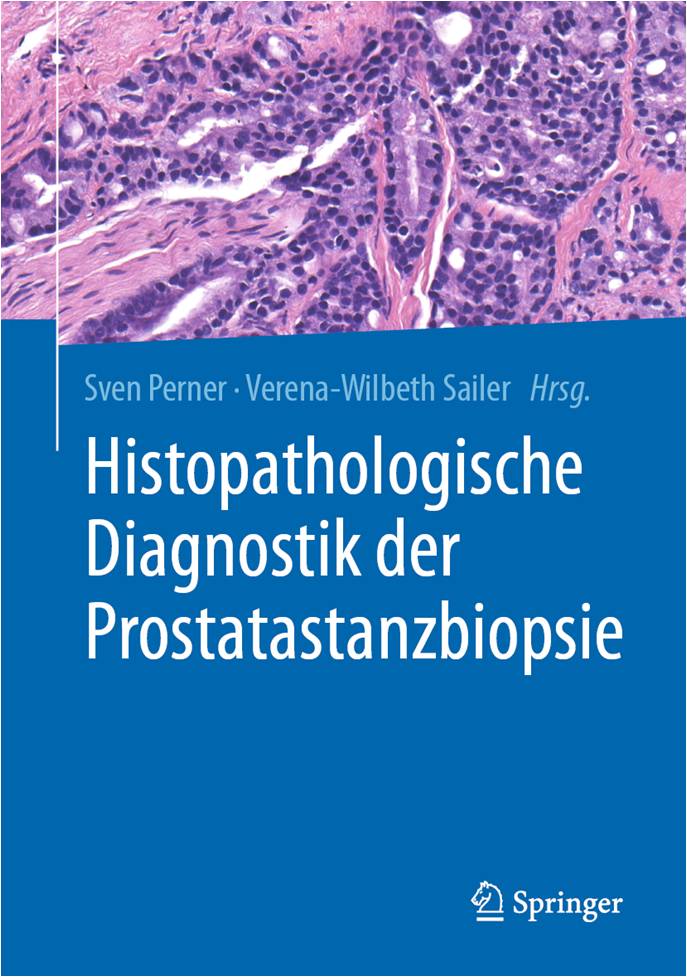by Isabel Ben Batalla and Janik Engelmann (AG Loges) – II. Medical Clinic and Institute of Tumor Biology, University Medical Center Hamburg-Eppendorf (UKE).
Cancer research has made tremendous progress towards improving the quality of life and survival of many cancer patients worldwide. In our laboratory, we aim to be active contributors of this field. Therefore, we are focused on the search for new therapies, specifically, on the discovery of novel targets on cancer cells and unveiling mechanisms of interactions within different cells conforming the tumor microenvironment. Our motivation is driven by the possibility of finding personalized therapies that can be taken to the clinic, and applied to those patients that are suitable for the treatment.
Within this search, we have found a promising target, Mer, which is a membrane receptor that belongs to the TAMR family. It is expressed on both tumor and bone cells and when blocked, it can potentially inhibit tumor growth while also preventing osteolytic bone disease. This is relevant not only in the context of multiple myeloma but also in bone metastasis originated form solid tumors.
The mBone consortium has been a key component in our research, as it has allowed us to exchange techniques and generate productive collaborations with top-notch experts in bone research in Germany. Within the consortium, we have been able to potentiate the interactions between basic researchers and clinicians, which is an essential part of the constitution of our lab.
As part of the bench to bedside ideal, our main objective is to develop a drug that inhibits Mer, which can be used in the personalized treatment of cancer patients.




